If you’ve ever wondered which online courses really fly off the virtual shelves, you’re not alone. Many aspiring educators struggle to figure out what will actually sell. It can feel overwhelming with so many options out there, right?
But don’t worry! If you stick around, I’ll share insider tips on the most popular course categories and what makes them successful. You’ll discover what factors influence course sales and how to attract the right audience.
We’ll dive into effective marketing strategies, pricing techniques, and even hear some success stories. Plus, I’ll give you a sneak peek into future trends in online courses. Excited? Let’s jump in!
Key Takeaways
- Skill-based courses, certification offerings, personal development, and niche topics tend to sell well.
- Quality content, instructor reputation, competitive pricing, and targeted marketing significantly influence course sales.
- Technology, health and wellness, business, and creative fields are popular course categories.
- Identify your target audience and tailor course content to meet their specific needs and preferences.
- Build an email list, utilize social media, and consider paid advertisements for effective marketing.
- Price your course based on value, market research, and consider subscription models or discounts.
- Share success stories and testimonials to build credibility and inspire potential learners.
- Stay updated on trends like micro-learning, live experiences, personalization, gamification, and AI integration.

Types of Online Courses That Sell Best
When it comes to selling online courses, certain types tend to grab more attention and, ultimately, more sales.
Skill-based courses, like coding or graphic design, provide practical knowledge that learners can apply immediately, making them extremely appealing.
Courses that offer certification can add significant value, especially if recognized in the industry.
Consider creating courses aimed at personal development, such as mindfulness or leadership skills, as they tap into a growing market of individuals looking to improve themselves.
Finally, niche courses, like DIY crafts or specialized cooking techniques, can attract a dedicated audience that is looking for specific information.
Factors Influencing Course Sales
A variety of elements can significantly impact the sales of online courses, and understanding these factors is key to optimizing your strategy.
Firstly, the quality of content is paramount; engaging videos and well-structured materials keep learners interested and coming back for more.
Secondly, the reputation of the instructor matters. A well-established name can draw in learners who trust their expertise.
Course pricing strategies also play a critical role. Conduct market research to find competitive yet profitable pricing models.
Promotional strategies, such as offering free previews or limited-time discounts, can create urgency and encourage purchases.
Lastly, effective audience targeting ensures that your marketing efforts reach the most interested learners. For example, using platforms like Facebook Ads can help you reach specific demographics efficiently.
Popular Course Categories
If you’re wondering which categories are taking the online learning world by storm, the answer is quite varied!
Technology courses, particularly those around programming languages and software development, continue to dominate.
Health and wellness courses are also in high demand, with many seeking yogic practices, nutrition advice, or mental health strategies.
Business-oriented courses, especially those focused on entrepreneurship or digital marketing, attract professionals looking to advance their careers.
Creative fields like photography and writing have carved out their niche as well, appealing to both hobbyists and those looking to turn passions into careers.
Target Audience for Online Courses
Understanding your target audience is a game-changer when it comes to selling online courses.
Think about who will benefit the most from your course content. This could include beginners eager to learn a new skill or professionals seeking to upskill.
Age demographics often influence course content; younger audiences may prefer interactive, multi-media formats while older audiences might opt for text-based materials.
Identifying the challenges your audience faces helps in tailoring your content to meet their needs. For instance, a course on time management could appeal to busy professionals juggling multiple responsibilities.
Creating detailed personas—profiles that embody your ideal learners—can help in designing the course and marketing it effectively.

Marketing Strategies for Selling Online Courses
To make your online course a hit, you need solid marketing strategies that reach your audience effectively.
Start by building an email list. A strong email list allows you to directly communicate with potential learners, share updates, and promote your courses. You can use free lead magnets such as eBooks or video tutorials to attract subscribers.
Utilize social media platforms where your target audience hangs out. Platforms like Instagram and LinkedIn are great for showcasing course content through engaging posts or stories.
Consider creating a blog or video content related to your course topic. This way, you can establish authority and provide value, drawing more traffic to your course offering.
Don’t forget to leverage online communities and forums. Participating in discussions on platforms like Reddit or Facebook groups can help you connect with potential students.
Paid advertising, such as Google Ads or Facebook Ads, can provide quick visibility for your courses. Make sure to target specific demographics to get the best results.
Pricing Techniques for Online Courses
Pricing your online course can feel like a tricky business, but there are techniques that can guide you to the right price point.
First, consider the value your course provides. Think about the skills or knowledge gained and how they can impact your student’s lives or careers.
Research similar courses in your niche. Check out what others charge to understand the market rate. Aim to position your price competitively while ensuring you don’t undervalue your content.
Experiment with different pricing models. Offering subscription-based access can create a recurring revenue stream, while one-time fees can appeal to those who may hesitate to commit long-term.
Don’t shy away from offering discounts during promotional periods. Limited-time offers can entice learners who are on the fence.
Remember to communicate your pricing clearly. Transparency can foster trust and encourage potential students to make that purchase.
Success Stories and Case Studies
Nothing sells your online course quite like success stories from those who have taken it. Think about the impact your content can make on someone’s life.
Share testimonials prominently on your course landing page. Real experiences can resonate with potential learners and encourage them to enroll.
Creating case studies can highlight specific results or transformations caused by your course. Break down how your course content helped individuals achieve their goals.
You can also encourage students to share their stories on social media, using a specific hashtag related to your course. This can create a community feel and build more trust in your brand.
Consider hosting webinars where your previous students share their journeys. This interactive element can engage and inspire interested prospects.
By showcasing genuine success, you not only build credibility but also motivate others to take that plunge into learning.
Future Trends in Online Course Sales
The landscape of online education is constantly evolving, and keeping up with future trends can give you a competitive edge.
One major trend is the rise of micro-learning. Short, focused content segments are becoming favored by busy learners looking for quick and efficient learning experiences.
Live learning experiences are also gaining popularity. Real-time sessions with instructors create an engaging atmosphere and can boost learner satisfaction and retention.
Personalization in learning paths is another trend. Offering tailored course recommendations based on user data is becoming an effective way to meet learners’ specific needs.
Additionally, incorporating gamification elements can enhance engagement. Think about including quizzes, badges, or leaderboards to motivate your students.
Lastly, the integration of Artificial Intelligence is paving the way for smarter course offerings. Utilize AI tools to analyze learner behavior and adapt your course content accordingly.

Success Stories and Case Studies
Nothing sells your online course quite like success stories from those who have taken it.
Think about the impact your content can make on someone’s life.
Share testimonials prominently on your course landing page.
Real experiences can resonate with potential learners and encourage them to enroll.
Creating case studies can highlight specific results or transformations caused by your course.
Break down how your course content helped individuals achieve their goals.
You can also encourage students to share their stories on social media, using a specific hashtag related to your course.
This can create a community feel and build more trust in your brand.
Consider hosting webinars where your previous students share their journeys.
This interactive element can engage and inspire interested prospects.
By showcasing genuine success, you not only build credibility but also motivate others to take that plunge into learning.
Future Trends in Online Course Sales
The landscape of online education is constantly evolving, and keeping up with future trends can give you a competitive edge.
One major trend is the rise of micro-learning.
Short, focused content segments are becoming favored by busy learners looking for quick and efficient learning experiences.
Live learning experiences are also gaining popularity.
Real-time sessions with instructors create an engaging atmosphere and can boost learner satisfaction and retention.
Personalization in learning paths is another trend.
Offering tailored course recommendations based on user data is becoming an effective way to meet learners’ specific needs.
Additionally, incorporating gamification elements can enhance engagement.
Think about including quizzes, badges, or leaderboards to motivate your students.
Lastly, the integration of Artificial Intelligence is paving the way for smarter course offerings.
Utilize AI tools to analyze learner behavior and adapt your course content accordingly.
FAQs
The best-selling online courses typically cover subjects like technology, business, personal development, health, and creative arts. Specialized topics or niche areas also attract considerable interest when positioned effectively in the market.
Key factors include course quality, marketing effectiveness, audience targeting, pricing strategies, and the reputation of the instructor. Additionally, positive reviews and community support can significantly boost sales.
Effective marketing strategies include leveraging social media, email marketing, content marketing, partnerships, and utilizing ads. Building an engaging website and a strong online community also enhance visibility and credibility.
Effective pricing techniques include tiered pricing, limited-time discounts, bundling courses, and offering subscription models. Understanding your audience’s willingness to pay is crucial for setting the right price.
